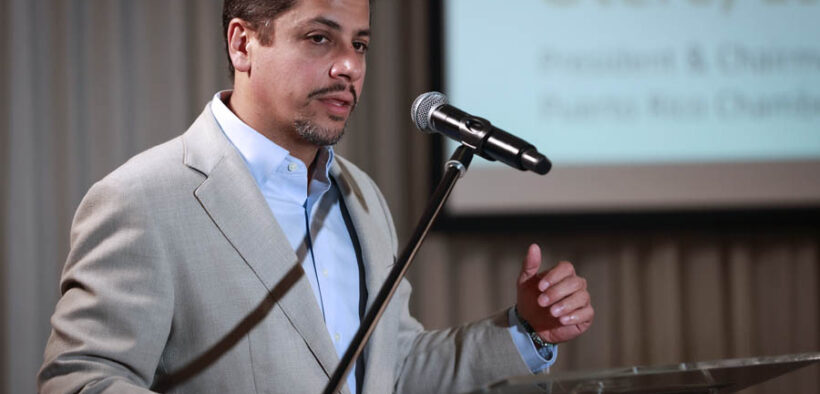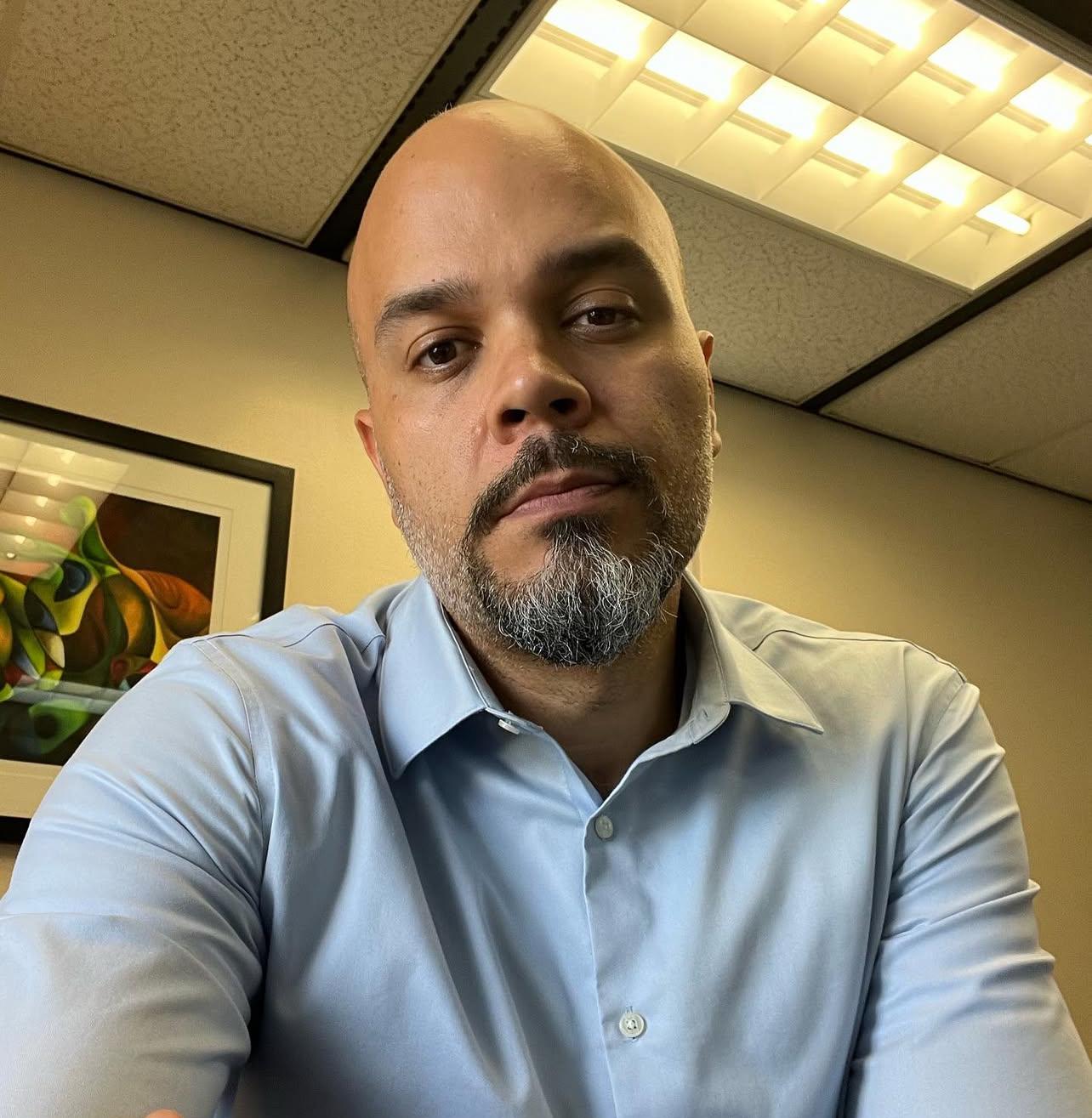Puerto Rico CofC president backs inventory tax pause to ease tariff costs

Luis Pizarro-Otero says the moratorium could help offset the impact of the U.S.-China trade war.
Amid the ongoing trade war between the United States and China — with President Donald Trump having imposed a 145% tariff on Chinese goods and China retaliating with a 125% levy on U.S. imports as of Thursday — Puerto Rico Chamber of Commerce (PRCC) President Luis Pizarro-Otero is confident that recent moves by Puerto Rico Gov. Jenniffer González and the Puerto Rico Legislature to place a moratorium on the oft-debated inventory tax should help offset part of the additional costs that the global tariff free-for-all has wrought.
“We are looking at any options within our reach that could keep costs down, from eliminating the inventory tax and streamlining the permits process to even looking at charges being levied in ports to inspect cargo containers — something that other organizations have called on to eliminate and is a stance that we support,” Pizarro-Otero told News is my Business.
Elimination of inventory tax ‘a positive step’
For years, industry groups like the PRCC have clamored for the elimination of the inventory tax, arguing that it disincentivizes companies from stockpiling enough goods in warehouses. This has led to supply issues with imported food, medicine and emergency equipment in Puerto Rico, particularly during times of crisis. Despite this, municipalities have long relied on inventory tax revenues to help prop up their ailing finances.
In February, González reached a deal with the Puerto Rico Mayors Federation — comprising mayors from the pro-statehood New Progressive Party — to allow a five-year moratorium on the inventory tax and seek alternative funding sources to help inject much-needed funds into municipal coffers.
Following the agreement, House Bill 420 — authored by House Speaker Carlos “Johnny” Méndez and aimed at amending the Puerto Rico Municipal Code (Act 117-2020) to eliminate the inventory tax through fiscal year 2028 — was passed by the lower chamber on April 7 and is now under evaluation by the Senate.
“Things have definitely been moving in the right direction regarding the temporary elimination of the inventory tax, but we’ve been emphatic that said elimination must be permanent at the end of the five-year period, either through a sunset clause [that would allow the Legislature to extend the timeframe] or a phase-in process,” said Pizarro-Otero. “We know that mayors are facing plenty of financial pressure, but we are more than willing to sit down with them and find viable solutions.”
Shifting sands
In the meantime, industries in Puerto Rico and elsewhere continue to grapple with the evolving tariffs imposed by the Trump administration and the global trade war they have sparked.
Much attention has been focused on the added costs and sticker shock the tariffs are set to bring about, with the average U.S. tariff now estimated at roughly 20%, compared to below 3% before Trump’s inauguration, according to economists. But the rapid pace of changes — including reversals and, in China’s case, an exponential overnight increase — is also affecting day-to-day operations.
“It has been sheer madness,” the PRCC president acknowledged. “Uncertainty has been the norm for a while. The food industry has been forced to keep moving and look for supply alternatives. There’s also the problem with information sharing, with auto tariffs requiring plenty of later clarification.”
Then, there’s China. “There’s a lot of raw material that comes from there, so that is a challenge. We’ve seen local entrepreneurs try to manufacture some of those goods locally, but it’s extremely difficult to compete with the sheer scale of Chinese manufacturing and their lax labor laws. It’s very difficult to compete in dollars and cents,” he explained.
“There are short-term cost increases to deal with. In the long term, there’s the question of how to better place ourselves in an advantageous position once the changes to the system are firmly in place,” he added. “I see it as a positive that we are looking for ways to improve our competitiveness, but on the other hand, navigating this has been extremely worrying.”











